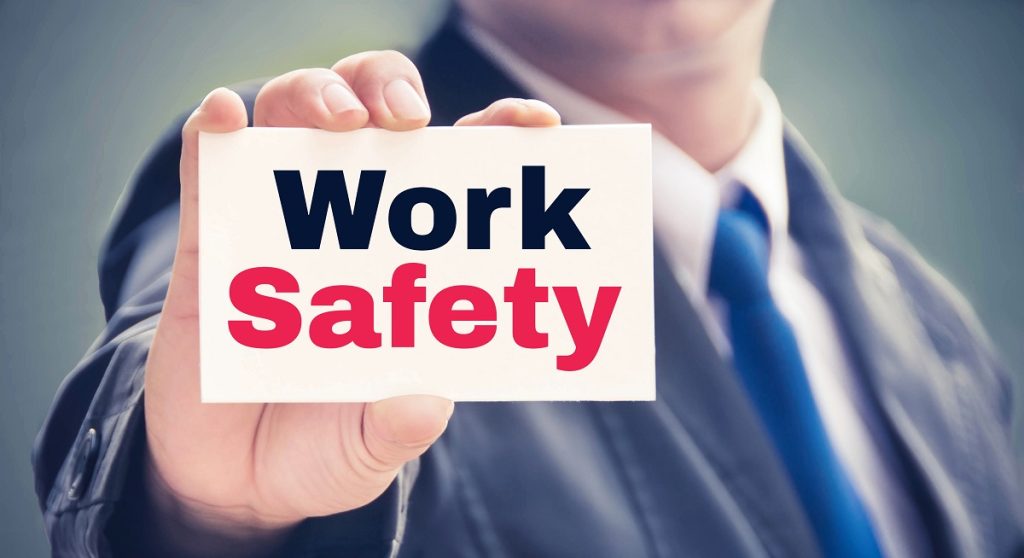- Report the injury and seek medical attention to start the workers’ compensation process.
- Gather evidence to support your claim, or ask someone to do it.
- Follow up with your employer regularly to stay informed about benefits and treatment plan.
- Focus on recovery by resting and following through with a prescribed treatment plan.
- Understand your legal rights to ensure you receive the compensation you’re entitled to.
Accidents happen constantly, and while you can’t avoid them all, you can take steps to protect yourself. You’ll want to know your legal rights if you’ve been injured at work. Workplace injuries can be devastating to your health, your finances, and your future. Fortunately, there are laws and regulations in place to help protect you. This blog post will examine some of your legal rights if you get injured at work.
The Right to Workers’ Compensation
One of your most important legal rights if you get injured at work is the right to workers’ compensation. Employers in every state are required by law to carry workers’ compensation insurance, which benefits hurt employees.
This includes payment for medical expenses, a portion of lost wages, and rehabilitation services. If you’re injured at work, you must report the injury to your employer as soon as possible so you can start the workers’ compensation process.
The Right to a Safe Workplace

Employers have a legal obligation to provide a safe workplace for their employees. This means they must take reasonable steps to prevent accidents and injuries from occurring. If your employer did not take the necessary precautions to prevent your injury, you may have a legal claim against them. This could include filing a lawsuit or seeking damages from their insurance company.
The Right to Medical Treatment
You have the right to seek medical treatment if you’re injured at work. This includes visits to the doctor, physical therapy, and any necessary surgeries. Your employer’s workers’ compensation insurance should cover all reasonable medical expenses related to your injury. It’s essential to keep accurate records of all medical treatment, including bills, prescriptions, and reports from your medical providers.
The Right to Time Off Work
You may need time off to recover if you’re injured at work. Under the Family and Medical Leave Act or FMLA, eligible employees are entitled to up to 12 weeks of unpaid leave for severe health conditions, including work-related injuries. Additionally, some states have laws requiring employers to provide paid or unpaid leave for work-related injuries. It’s essential to know your rights in your particular state.
The Right to Legal Representation
You have the right to legal representation if you’re injured at work. An experienced personal injury attorney can help you navigate the complex legal system and ensure you receive the compensation you’re entitled to. A lawyer can also help you file a lawsuit against your employer if necessary. This often happens when employers fail to provide a safe workplace or adequate workers’ compensation benefits, which puts the employee at a financial disadvantage.
Steps to Take After an Injury
If you’ve been injured at work, it’s essential to take the following steps right away:
Report the injury and seek medical attention

The first step after an injury at work is to report it to your supervisor or HR department. Ensure you provide details of the incident, the damage sustained, and the medical attention you need. Seek immediate medical attention from a healthcare provider or an emergency room if necessary.
Gather evidence
Gather evidence of the incident or injury, such as photos, videos, witness statements, or anything that can support your claim. This information can be helpful when filing a claim with your employer’s workers’ compensation insurance or seeking legal assistance. If you cannot gather evidence, ask someone to do it for you.
Follow up with your employer.
Once you have reported the injury and received medical attention, following up with your employer regularly is essential to stay informed about your benefits, treatment plan, and return-to-work status. Ensure you document all written communication, including emails, letters, and notes. Keep copies of any forms or paperwork related to your injury, treatment, or workers’ compensation.
Focus on Recovery
The last thing you should do after an injury at work is to focus on your recovery. If you need accommodations or physical therapy, make sure to request them early and follow through with the treatment plan prescribed by your doctor. Take time to rest and allow your body to heal.
The Bottomline
Injuries at work can have a significant impact on your life. Fortunately, there are legal protections in place to help you. If you’ve been injured at work, knowing your legal rights is important. These include the right to workers’ compensation, a safe workplace, medical treatment, time off work, and legal representation. By understanding your legal rights, you can take the necessary steps to protect yourself and your future.



